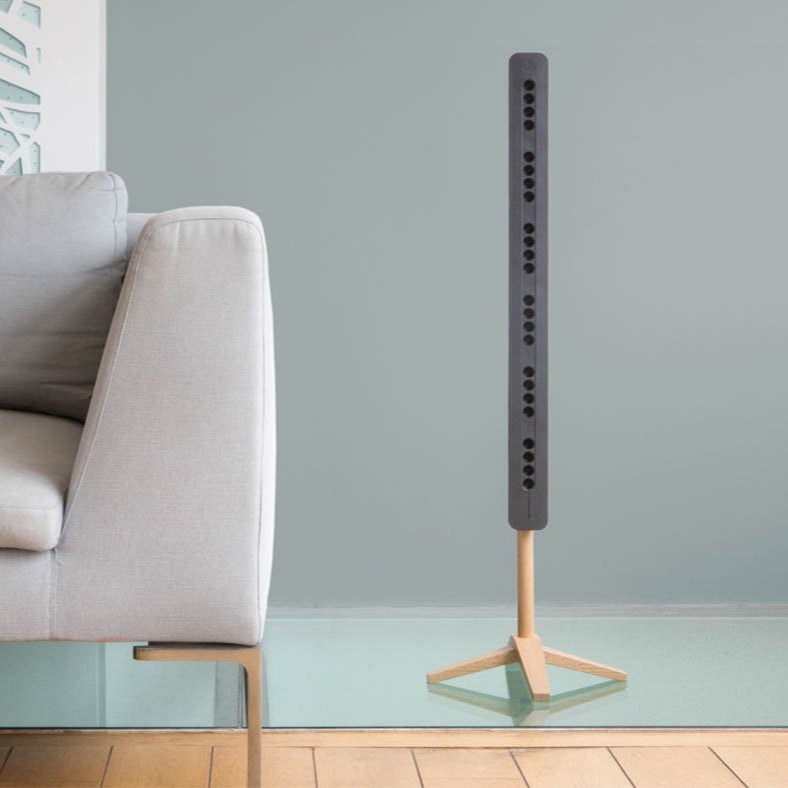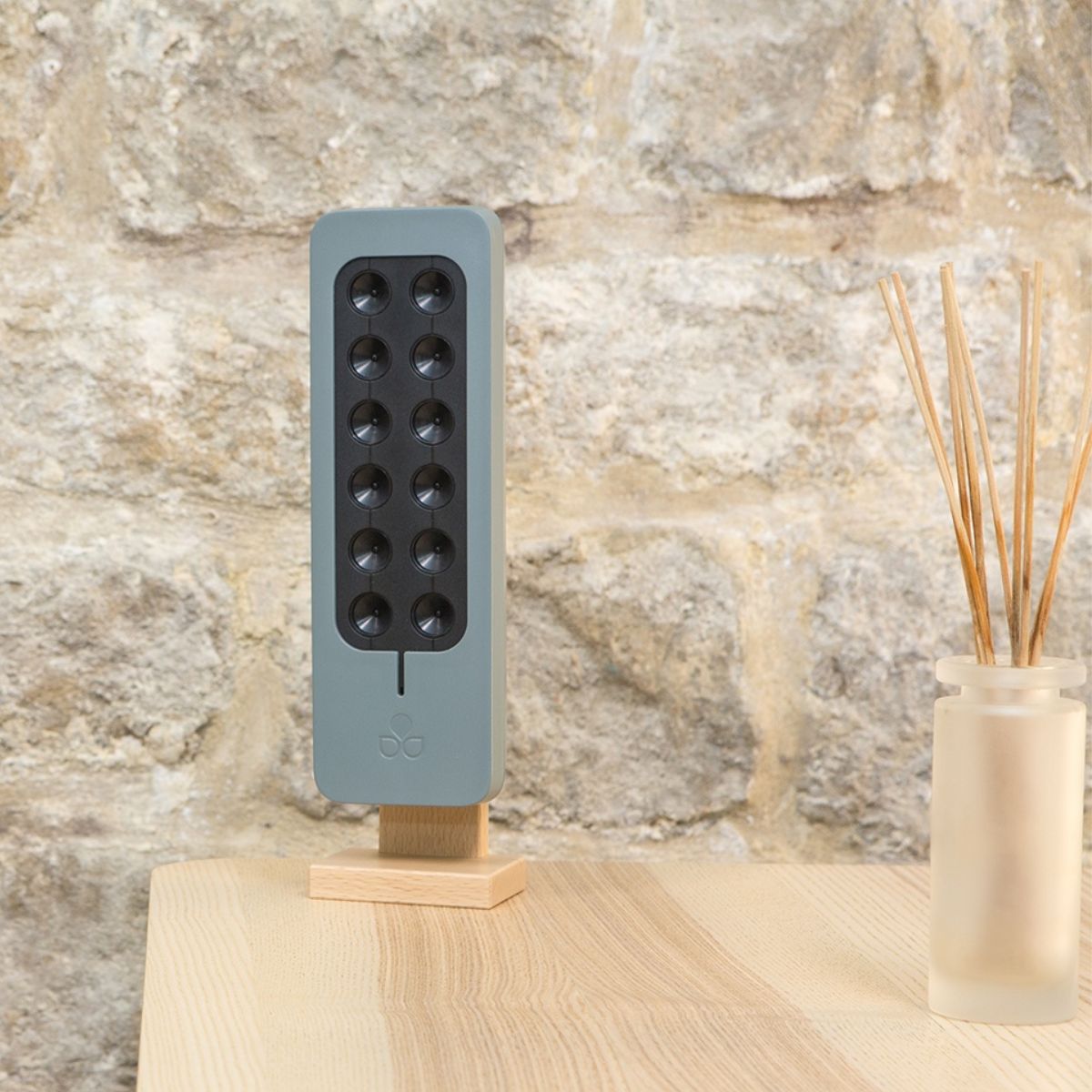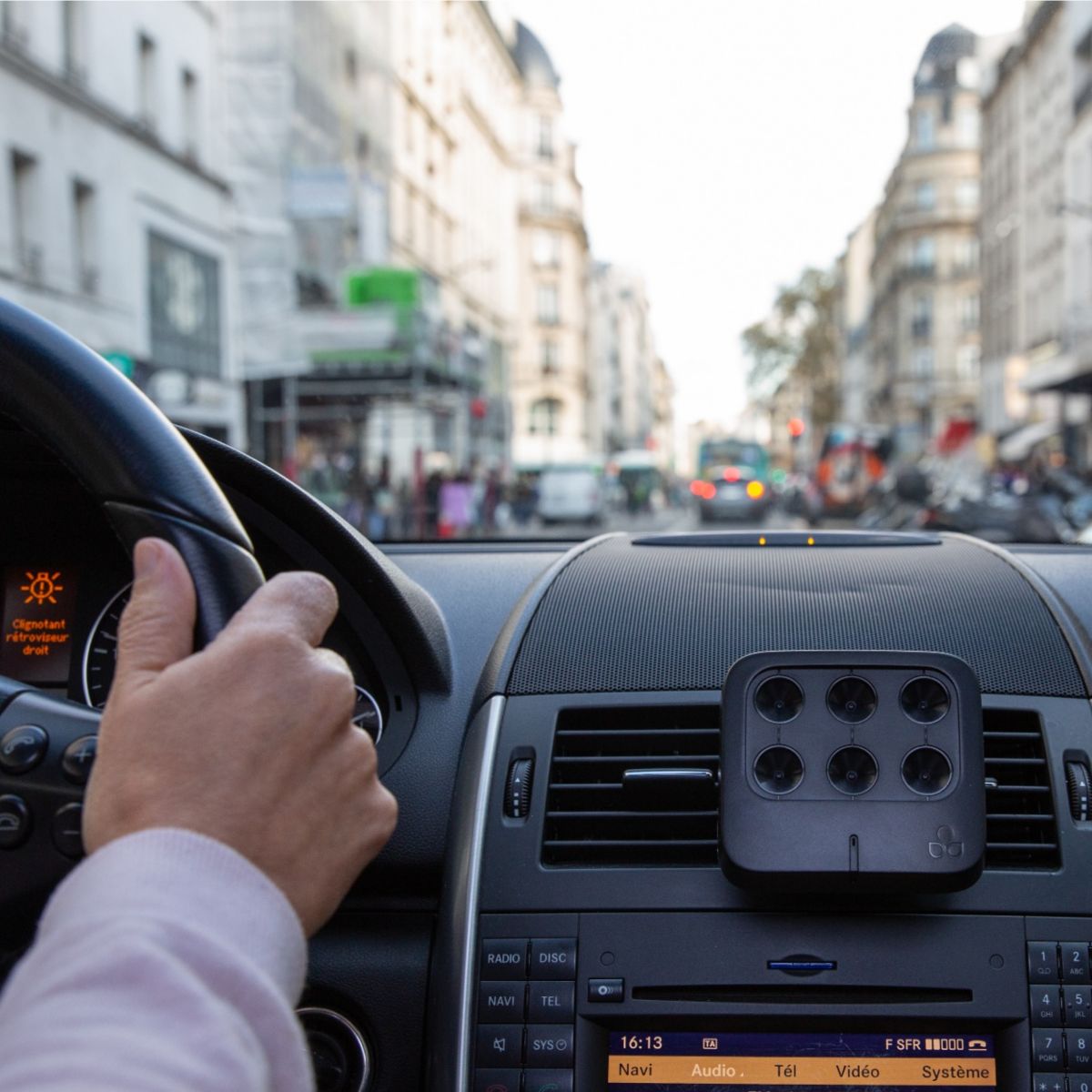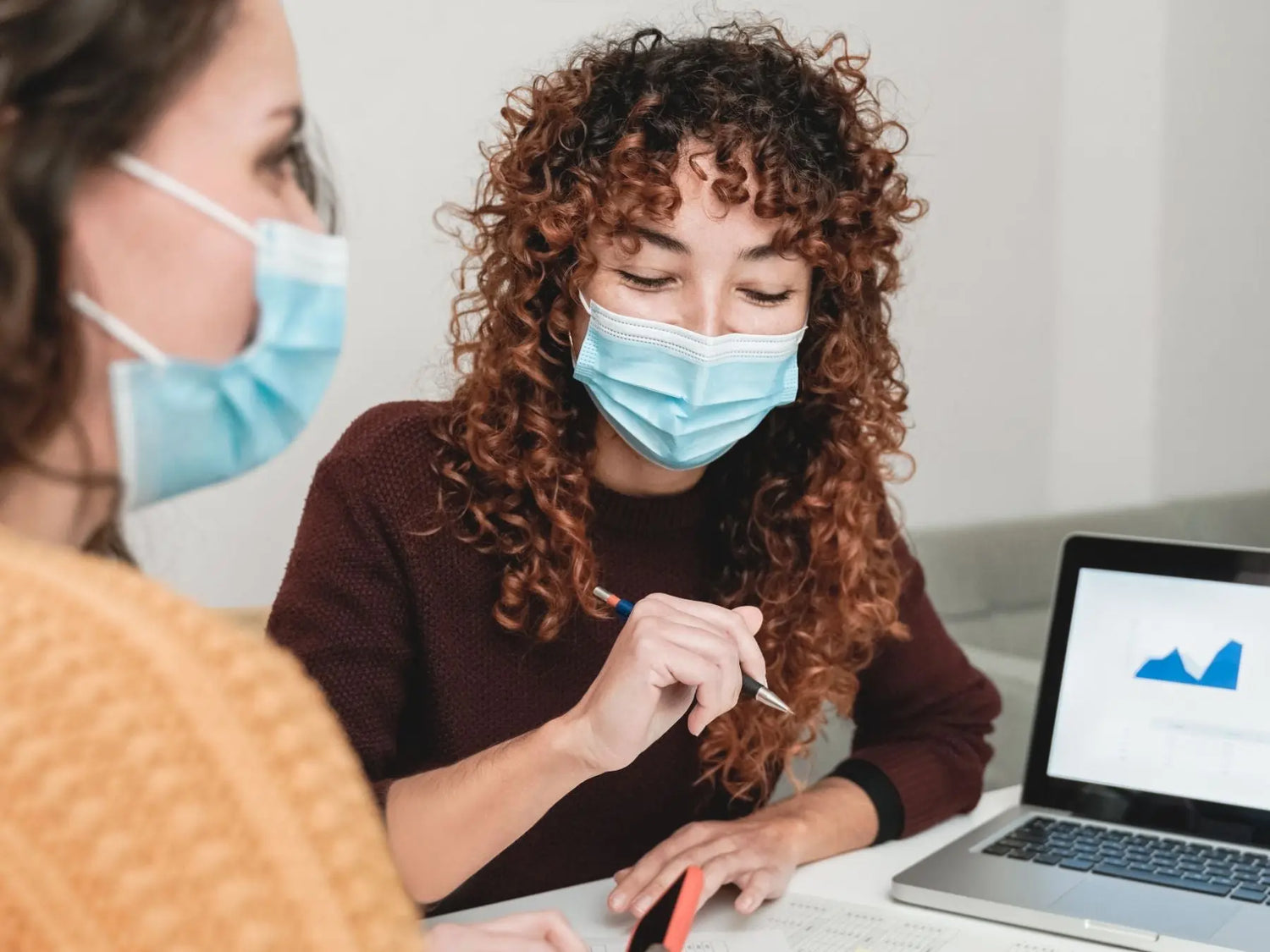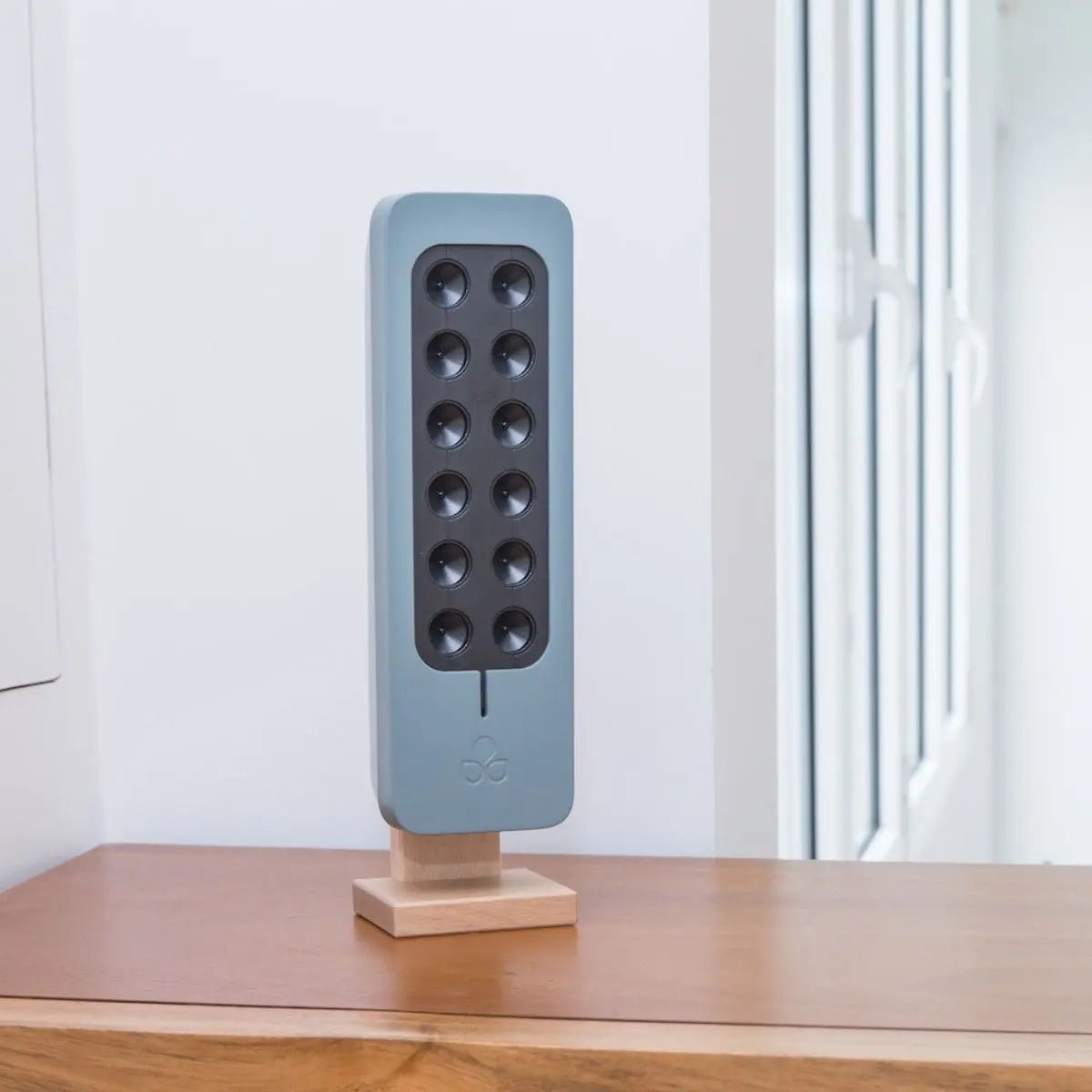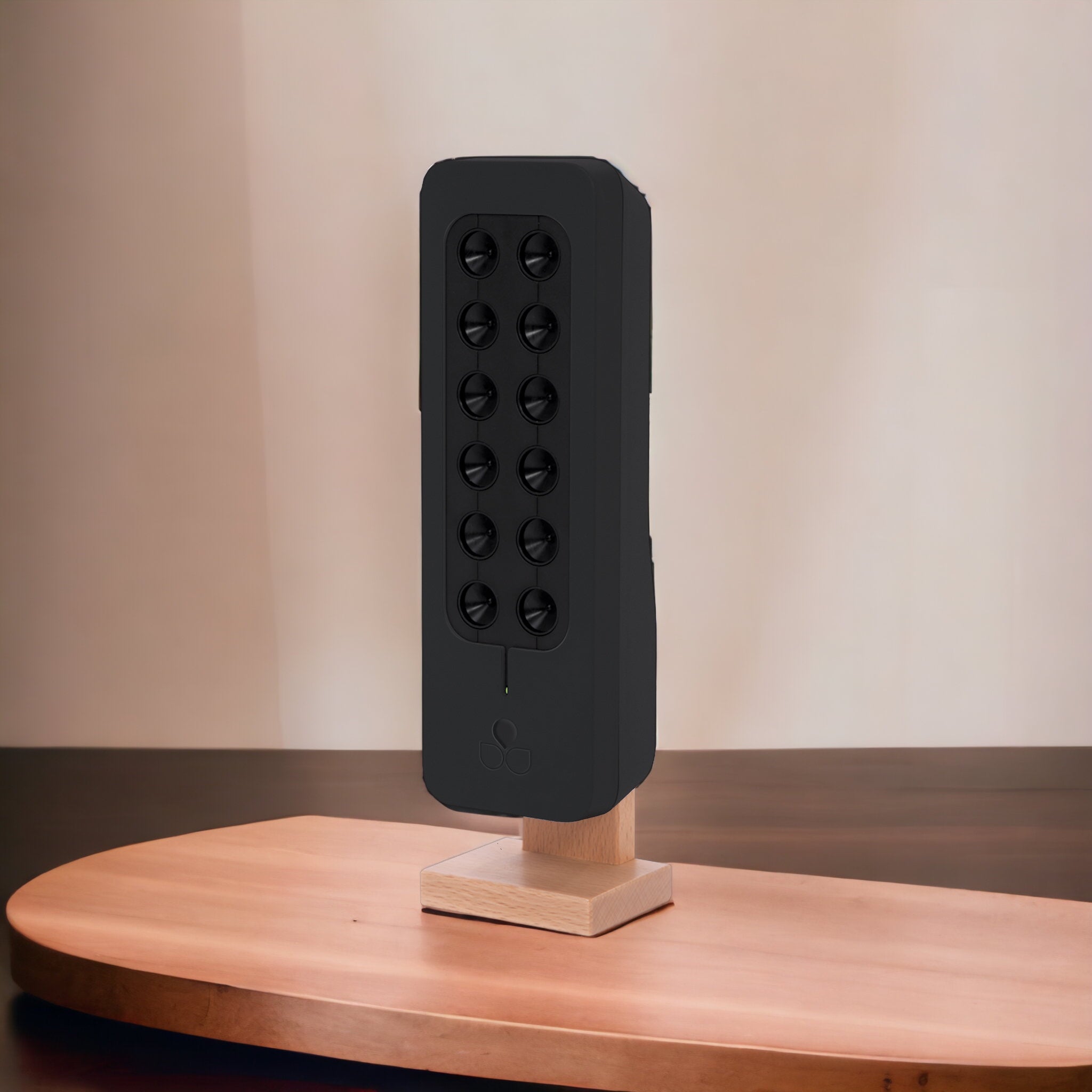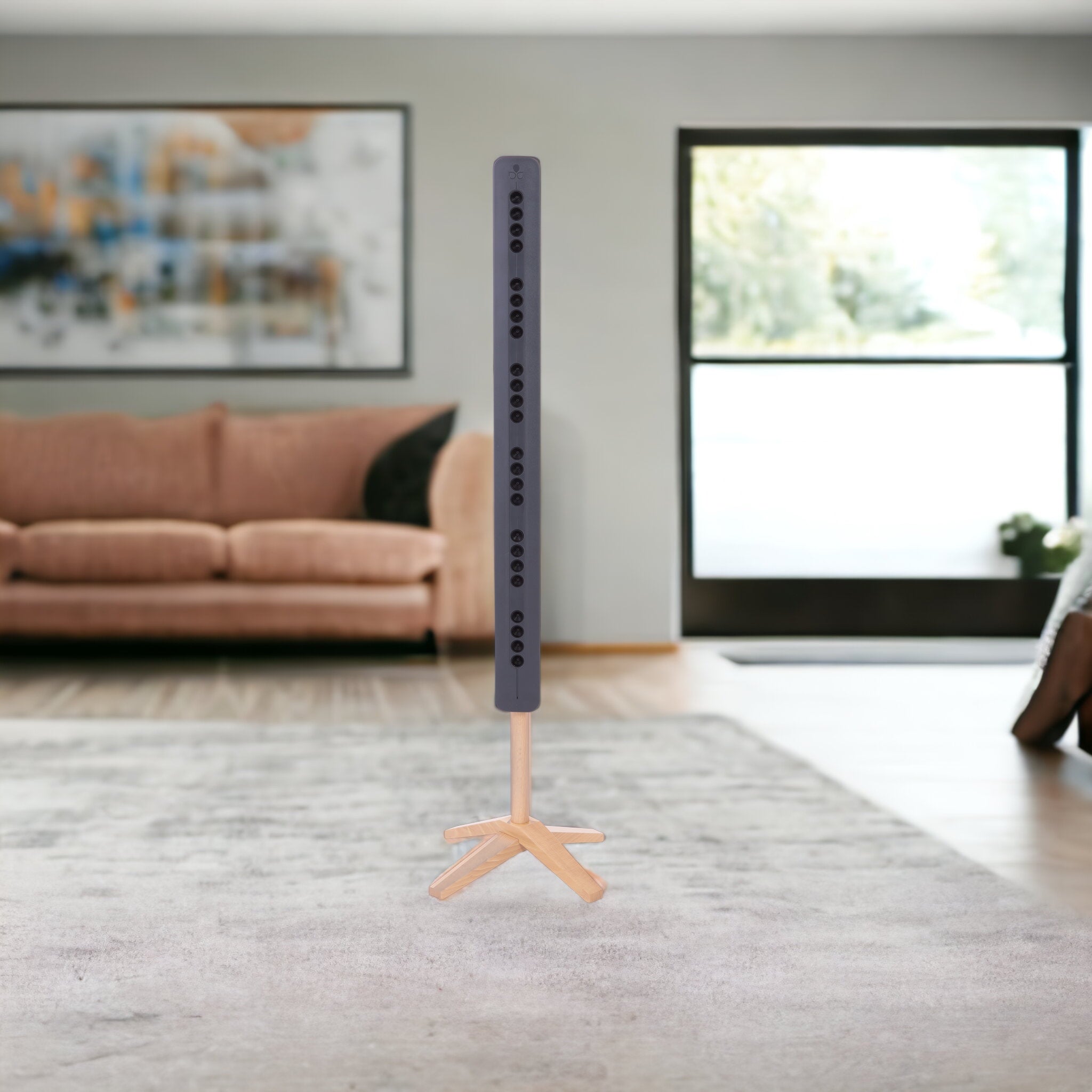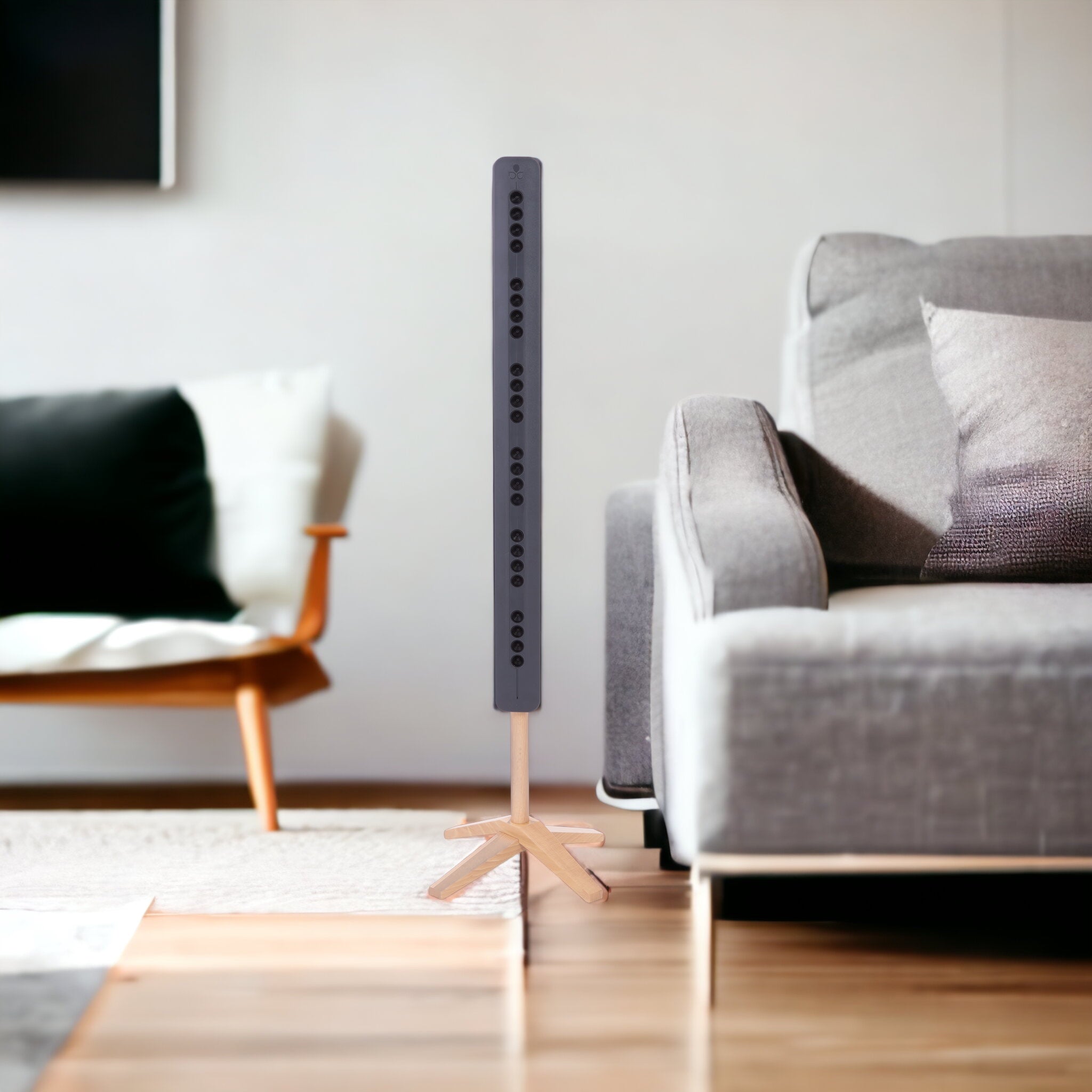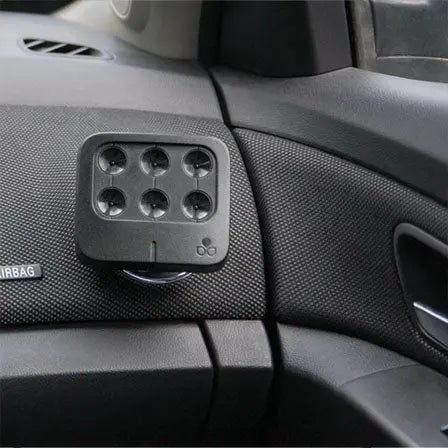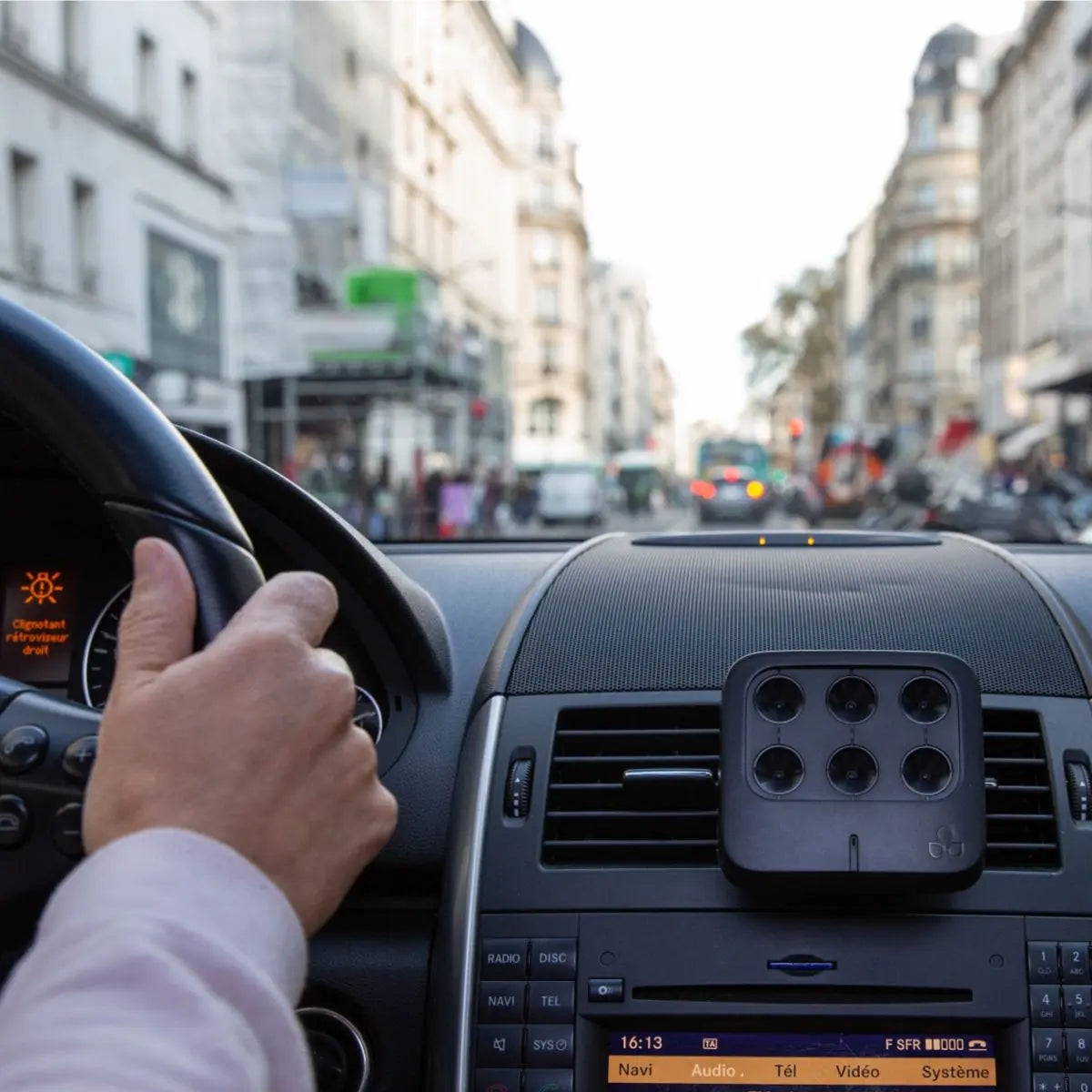1. Introduction
With the Covid-19 virus being airborne, ensuring clean air has become paramount in our struggle against the virus. Air purifiers have been touted as a powerful weapon in this fight, but their true effectiveness is often clouded by misconceptions and misinformation. To shed light on this critical matter, we examine the scientific evidence and expert opinions on the matter.
2. The Airborne Nature of Covid-19
According to the "CDC", the primary route of transmission for the Covid-19 virus is airborne, making clean air crucial in preventing the spread of the virus. The virus can linger in the air for hours, spreading through the inhalation of infectious aerosols from an infected individual.
3. The Role of Air Purifiers
Air purifiers are designed to filter out pollutants or contaminants from the air. They can help reduce airborne contaminants, including particles containing viruses. However, the use of air purifiers alone cannot ensure adequate air quality, particularly where significant pollutant sources are present and ventilation is insufficient.
3.1 Types of Air Purifiers
Several types of air purifiers are available in the market, each employing different technologies to cleanse the air. Some of the common ones include HEPA filters, UV radiation devices, photocatalysis devices, air ionisers, and ozone generators. However, it's important to note that not all air purifiers are safe. For example, ozone generators are not safe to use when people are present as ozone can irritate the airways.
4. Effectiveness of Air Purifiers Against Covid-19
It's essential to understand that air purifiers are not a magic bullet against Covid-19. While they can help reduce the concentration of airborne Covid-19 particles, they should be used in conjunction with other measures such as mask-wearing, social distancing, and regular hand washing.
4.1 The Power of HEPA Filters
HEPA (High Efficiency Particulate Air) filters are known for their efficiency in removing small airborne particles. They are capable of trapping 99.97% of particles that are 0.3 microns in diameter. This makes them potentially effective in capturing the Covid-19 virus, which is approximately 0.125 microns in diameter.
4.2 The Role of Air Ionisers
Air ionisers, another popular type of air purifier, work by releasing negatively charged ions into the air. These ions attach to airborne particles, making them too heavy to remain airborne. Some air ionisers have been tested in the laboratory and shown to be effective against viruses. In particular, the TEQOYA's air ionisation technology has been shown to reduce the risk of airborne infections.
4.3 The Challenge of Ozone Generators
Ozone generators are a type of air purifier that work by producing ozone to kill or inactivate airborne microorganisms. However, they have potential health risks. Inhaling ozone can cause coughing, throat irritation, shortness of breath, and other problems, even in healthy people.
4.4 The Potential of Bipolar Ionization
Bipolar ionization is a newer technology that can be used in HVAC systems or portable air cleaners. While some manufacturers claim that this technology can help remove viruses from the air, the evidence for its safety and effectiveness is less documented than for more established ones, such as filtration.
5. Sizing and Placement of Air Purifiers
Choosing the right size of air purifier for the space is critical for its effectiveness. The Environmental Protection Agency (EPA) recommends using an air purifier with a Clean Air Delivery Rate (CADR) appropriate for the size of the room. In terms of placement, the air purifier should be placed in the room where most people spend most of their time, unless someone is particularly vulnerable to the virus or is isolating due to an active infection.
6. Air Purifiers in Homes
In homes, portable air cleaners can be an effective way to supplement increased HVAC system ventilation and filtration. This is particularly important in areas where adequate ventilation is difficult to achieve. It's crucial, however, to ensure that the air cleaner is not placed in a closet or similarly enclosed space as this would limit its effectiveness.
7. Air Purifiers in Offices, Schools, and Commercial Buildings
In larger buildings such as offices, schools, and commercial buildings, the ventilation systems typically filter air before it's distributed throughout the building. In these settings, upgrading HVAC filters and using portable air cleaners to supplement increased HVAC system ventilation and filtration is recommended.
8. DIY Air Cleaners
Do-it-yourself (DIY) air cleaners are an option for those who are unable to access commercially available air cleaners. These can be made from box fans and square HVAC or furnace filters. However, the performance of these DIY air cleaners can vary based on the design and quality of materials and assembly.
9. Air Cleaners and Masking: A Winning Combination
A study by the "National Institute for Occupational Safety and Health" found that combining HEPA air cleaners with universal masking reduced overall exposure to simulated exhaled aerosols by up to 90%. This highlights the importance of using multiple measures to combat the airborne transmission of the virus.
10. Cautions and Recommendations
While air purifiers can play a significant role in reducing the risk of airborne transmission of Covid-19, they are not a silver bullet. They should be used as a part of a comprehensive strategy that includes other preventive measures such as mask-wearing, hand hygiene, and social distancing. Also, it's important to regularly maintain and replace the filters of air purifiers to ensure their effectiveness.
11. Conclusion
In conclusion, air purifiers, when used correctly and in conjunction with other preventive measures, can provide an additional layer of protection against the airborne transmission of Covid-19. However, it's critical to choose the right type of air purifier, size it correctly for the space, and place it in the right location for maximum effectiveness.
12. Further Study and Research
The effectiveness of air purifiers in combating Covid-19 is a rapidly evolving field of study. As more research is conducted and more data becomes available, our understanding of the role of air purifiers in preventing the spread of the virus will continue to deepen. Therefore, it's important to stay updated with the latest research and recommendations from trusted health organizations.

